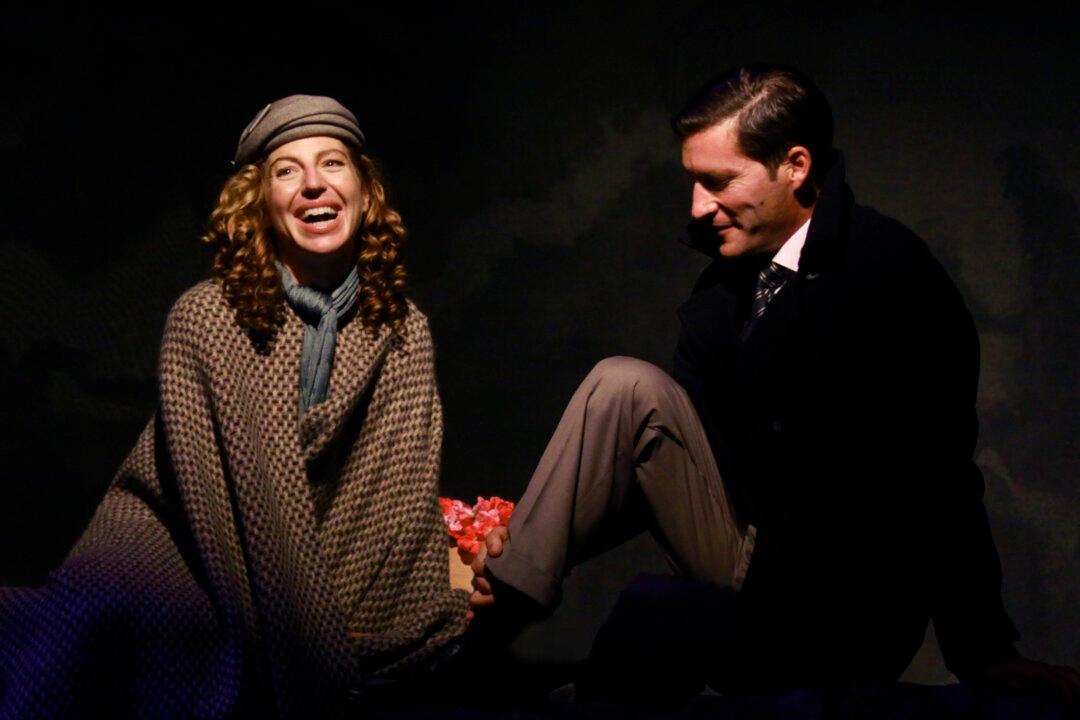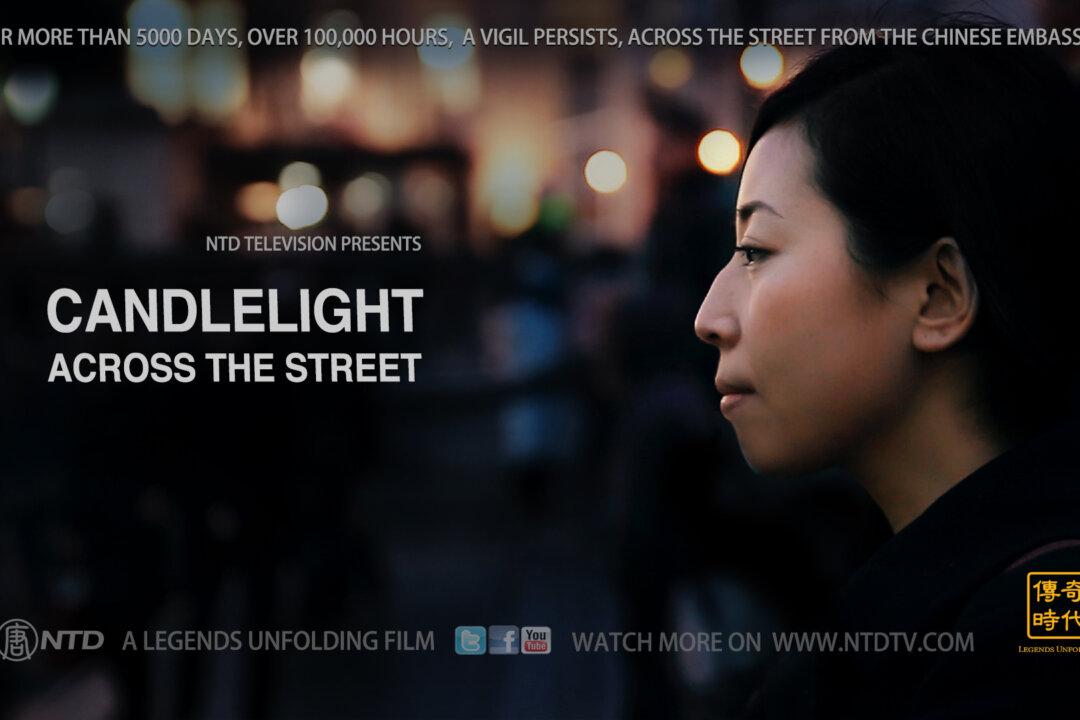BEVERLY HILLS, Calif.—“My father would hate this” began Henry Jaglom, addressing a sold-out Laemmle Music Hall theater following the world premiere of his film “Train to Zakopane” on the evening of April 24, 2017, at the 2017 Los Angeles Jewish Film Festival in Beverly Hills.
It was a secret after all, a secret passed from father to son in the privacy of a study late into the night. But when your son is the prolific and accomplished storyteller Henry Jaglom, a story this compelling, universal, and relevant must be told.




